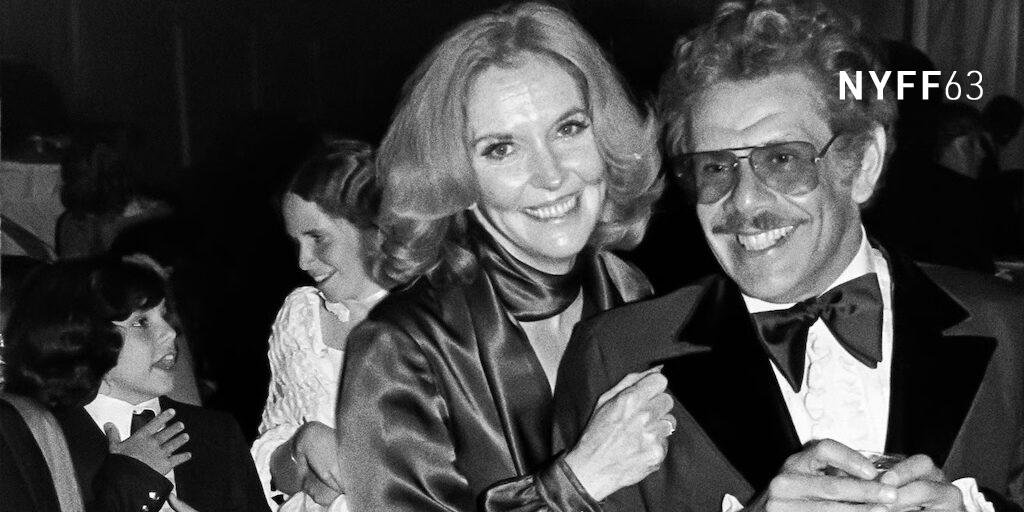There are recurring issues when films like Nickel Boys come along. One of them lies in adapting a literary piece (in this case, the 2019 Pulitzer Prize winning novel by Colson Whitehead, an author who already had one of his works, The Underground Railroad, adapted into a miniseries by Barry Jenkins) and expect the literary to equate the cinematic when the artists involved come from these two backgrounds which, as it happens here, can be very different from each other.
According to RaMell Ross, director of the Academy Award-Nominated documentary Hale County This Morning, This Evening and Nickel Boys, Whitehead was not involved in the project. This would have granted RaMell the necessary freedom to consider it 100% of his own authorship.
It is there with this adaptation, and because of the liberties taken by RaMell to tell this story, where Nickel Boys turns out to be a failed experience. The resources used by the filmmaker are characterized by an alternation between the point of view of Elwood, the black main character, and the dreams, hallucinations and time arcs that are established, distracting attention from the main story. A case in point about knowing what to tell and how.
Nickel Boys takes place in Florida in 1962 around an institution called Nickel, based on the actual Arthur G. Dozier juvenile detention center, where atrocities took place referred to the mistreatment, abuse and racism of those committed. Elwood is a teenager who, to transfer into the trade school he signed into, hitchhikes on the road and is arrested because the vehicle he was riding in was robbed. His destiny ends up being a different one in the detention center, from fulfilling harvesting duties up to wanting to play a sport only allowed to white people, therefore creating a distinction between two kinds of inmates when it comes to the color of their skin.
Elwood meets Turner (Brandon Wilson) and strikes up a friendship to such a point that RaMell attempts an association with The Defiant Ones, the classic by Stanley Kramer starring Tony Curtis and Sidney Poitier. But the distance between these two films is atrocious in more than one sense. A vague comparison that ends up being affirmed by invoking Martin Luther King and the meaning of freedom. Also with very little screen presence, but given dramatic importance, is Aunjunnue Ellis-Taylor in the role of Elwood’s grandmother or nexus with the outside and another layer to demonstrate the personal non-progress regardless of being free even when it comes to a colored person.
RaMell does right in employing Cinematographer Jomo Grey, with whom he worked in the very acceptable and forgotten All Dirt Roads Taste of Salt, a feature that did not have a considerable theatrical run worldwide. Gray helps fulfill the vision RaMell has of a motion picture. The inclusion of textures of hallucinations and rarities we find in Nickel Boys represent dreamlike atmospheres bordering on the lysergic, which the director relies on as to embellish a story that, ultimately, displays a hint of aesthetical snobbism.
![]()
Director: RaMell Ross. Screenwriters: RaMell Ross, Joslyn Barnes. Cast: Sam Malone, Najah Bradley, Legacy Jones, Jimmie Fails, Ethan Herisse. Producers: Joslyn Barnes, Dede Gardner, Jeremy Kleiner, David Levine. Runtime: 140 minutes.





